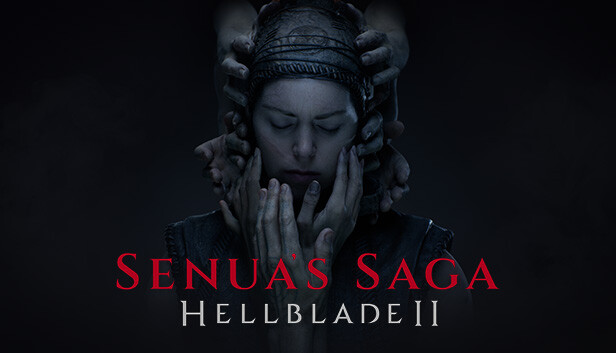In the vibrant city of Cambridge, a game studio is brimming with excitement and a touch of anxiety. The launch of their new title, Senua’s Saga: Hellblade 2, is just around the corner, and the stakes are high. This release marks a crucial moment for a studio renowned for its innovative, story-driven games that push the boundaries of the gaming experience.
As the launch date nears, the studio’s director shares a mix of pride and cautious optimism. “Our focus is entirely on releasing Hellblade 2,” he says. “We’re incredibly proud of what we’ve created and can’t wait for our fans to experience it.”
Recent industry developments add to the tension. The studio’s parent company recently closed several well-regarded studios due to underwhelming sales, despite critical acclaim. This has cast a shadow over the industry and raised concerns about the future of studios like this one, which prioritise emotional depth over commercial success.
Despite these challenges, the team remains committed. Their previous game, Hellblade: Senua’s Sacrifice, released in 2017, was a pioneering exploration of psychosis from the perspective of its protagonist, Senua. The game was praised for its sensitive depiction of mental illness, striking a chord with critics and players alike. The role of Senua was unexpectedly filled by the company’s video editor, who won an award for her performance, despite having no prior acting experience.
She recalls her initial fear at taking on the role. “I was always behind the camera, so stepping in front of it was terrifying.” Her portrayal was deeply personal, drawing from her own experiences with psychosis, which she describes as a period of intense fear in her early twenties. This authenticity, combined with the game’s innovative use of sound and visuals to portray psychosis, earned it widespread acclaim and a devoted fanbase.
A neuroscientist from Cambridge University, who collaborated on both Hellblade titles, underscores the importance of accurate representation in media. “Psychosis is often misrepresented as dangerous and erratic behaviour,” he says. “It’s crucial to challenge those stereotypes.” His work with the game developers aimed to create a more nuanced portrayal, which he believes the games have successfully achieved.
In Hellblade 2, the studio expands on this foundation by introducing new characters and exploring how Senua’s interactions affect her mental state. “Mental health is a journey,” the director explains. “The first game focused on Senua’s initial experiences with psychosis. In this sequel, she has developed a greater understanding and acceptance of her condition.”
Technologically, Hellblade 2 represents a significant advancement. The team has moved into a new, custom-built studio equipped with state-of-the-art motion capture and audio facilities. The first game’s motion capture, done in a makeshift setup, pales in comparison to the 69 days of combat footage and meticulously crafted costumes and props for the sequel. This development reflects the studio’s dedication to creating an immersive and authentic experience.
Returning to the role of Senua with a larger team was initially daunting for the actress. “There were a lot more eyes on me,” she says. The role’s physical demands, including a challenging swimming sequence, tested her limits. “You have to tense all your muscles and maintain a plank position constantly,” she recalls. Despite the difficulties, she remains dedicated to the project’s goal of fostering understanding and empathy for those with psychosis.
The impact of Hellblade extends beyond the gaming community. The actress recounts a touching message from a fan whose brother, initially embarrassed by her psychosis, gained a newfound understanding after playing the game. Such stories highlight the game’s ability to foster empathy and bridge understanding.
Amid an industry facing mass layoffs and a shift towards established, profitable franchises, questions arise about the viability of narrative-driven games like Hellblade. The studio director, however, is steadfast. “I see games as an art form,” he asserts. “Art is crucial for storytelling, changing perceptions, and fostering understanding.”
As Hellblade 2 nears its release, the team at the Cambridge studio remains hopeful. The actress hopes the game will spark conversations and provide comfort to those dealing with psychosis. “It’s hard to explain to others,” she says. “Knowing there’s something out there that can help people understand is invaluable.”
In a gaming landscape often dominated by commercial juggernauts, Senua’s Saga: Hellblade 2 stands as a testament to the power of storytelling and the importance of empathy. As players worldwide prepare for Senua’s next journey, the team eagerly awaits the impact their work will have.


